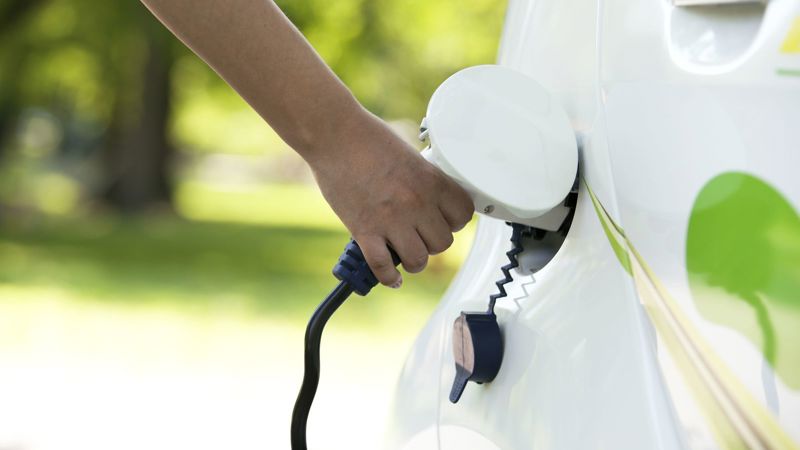Air quality - our programme of activity
We’re implementing a programme of measures around the country to improve air quality at specific locations on the strategic road network.

These locations are called Pollution Climate Mapping (PCM) links.
The measures we are implementing include:
- traffic management
- managing speeds to reduce emissions
- working to accelerate the uptake of zero emission vans
- air quality barriers
Traffic management
Traffic management includes activities such as diversions, speed control, signal timing/location, signage/dynamic signage, junction reconfiguration or changes to road alignment. All these can help manage local air quality issues.
To improve air quality at non-compliant locations on the strategic road network, we’ve been assessing the potential impact of traffic management measures at these sites. In some cases we believe traffic management could potentially improve the air quality, so we’re now undertaking further work to develop plans for these sites. Options being considered include:
- junction improvements, closing junctions or particularly on and off slip roads
- changing the timing of traffic lights and Installing new traffic lights on roundabouts
- exploring routing HGVs
- introducing dynamic signs that advises drivers according to the traffic volumes
- reviewing the speed limits and installing addition speed cameras
- working with local authorities to improve bus and cycle lane improvements to reduce local traffic
Managing speeds to reduce emissions
We have a legal duty to support the delivery of Government’s national air quality plan. This means ensuring compliance with legal air quality thresholds is achieved as quickly as possible.
To deliver this duty, we've been testing a wide range of ideas and measures as part of our air quality research programme.
As part this work, we trialled 60mph speed limits on short sections of the motorway network where we needed to improve air quality.
Learn more about our air quality speed limit trials.
We're seeing continued improvements in air quality across the country (including alongside the motorway and major A road network) with:
- the move to newer, cleaner petrol and diesel vehicles
- increasing numbers of electric vehicles on roads
Working to accelerate the uptake of zero emission vans
The use of vans on our network has grown significantly over the last few years and is forecast to grow further. These vehicles produce a disproportionate amount of pollutants – 33% of the oxide of nitrogen (NOX) emissions from 15% of road traffic. Importantly zero emission alternatives are available and absolutely viable for many.
We’re working with local authorities in Leeds, Coventry, Kent, Nottingham and Sheffield to implement try-before-you-buy schemes in an effort to accelerate the uptake of electric vans. Our research with the Energy Saving Trust showed that providing vans users with the opportunity to try a vehicle for free for up to two months will give many confidence to make the switch and buy their own electric vans.
Air quality barriers
We’re currently exploring the opportunities for physical barriers to improve air quality at specific locations on our road network.
These provide a physical barrier to divert pollution away from homes and sensitive locations. Our pollution monitoring in Holland close to an existing tall sound barrier, installed to reduce noise, has produced interesting results. These findings suggest this type of barriers could help improve air quality, and we are actively undertaking technical development work to assess how and where these types of barriers could bring benefits at hotspots on our road network.
Get in touch
If you have something you’d like to discuss with us, please get in touch by emailing airquality@nationalhighways.co.uk
